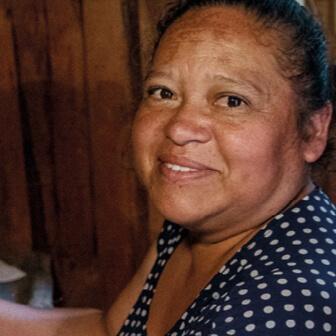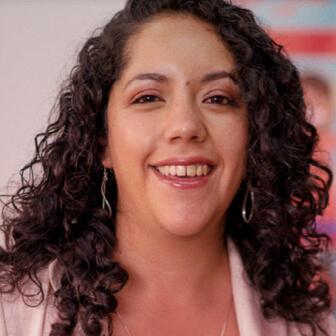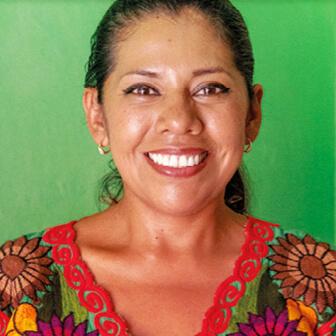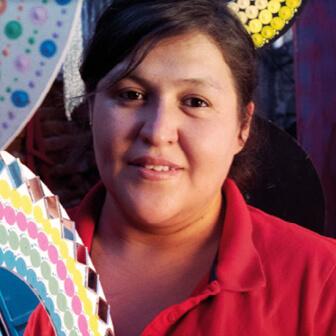A Gender Lens Investing Scorecard Helps Investors and Companies Advance Gender Equality
26 agosto, 2020
Blog, Partners, Uncategorized
As part of Pro Mujer’s efforts to strengthen gender lens investing in Latin America, we have joined forces with Deetken Impact, an impact investing firm in Canada, to create an innovative Scorecard to help investors and companies incorporate a gender approach to their investments and business models.

The Scorecard was developed as part of the Ilu Women’s Empowerment Fund, a $25 million fund launched by Pro Mujer and Deetken Impact in 2019 to invest in a diversified portfolio of high impact businesses in Latin America that promote 1.) women in leadership and governance, 2.) products and services that meet the needs of women and girls, 3.) gender-sensitive value chains and 4.) workplace equity. It serves as a tool for investors to ensure they incorporate a gender lens into their investment criteria and for entrepreneurs to help them identify and close gender gaps in their businesses.
“With three decades working to address the needs of women in Latin America, we know at Pro Mujer that gender equality is a continuous effort we must all undertake. There is much work to be done, but in order to move forward expeditiously we first need to understand which gaps to address. The Scorecard is a compass to do just that,” shared Pro Mujer CEO, Maria Cavalcanti.
A LOOK AT THE FOUR GENDER LENSES PROMOTED BY THE ILU SCORECARD:
- Leadership and Governance: Having women in leadership roles is fundamental to close the gender gap as it allows companies to have better policies and programs to advance gender equality. According to the Inter-American Development Bank, in Latin American companies, the percentage of women at leadership levels is currently low, representing 8.5% of board members and 9.2% of top management employees in publicly listed companies. This lens allows companies to evaluate their diversity and inclusion.
- Women Served: This lens intends to evaluate how a company is positively impacting women and girls. It allows investors to see whether women and girls are a focus of the company’s mission. Additionally, it helps companies better understand women’s needs as consumers and develop women-centric markets. According to the study “The Female Economy” by the Harvard Business Review, women control up to 70–80% of all consumer purchases, which equals $20 trillion global consumer spending. Focusing on women as consumers creates economic growth.
- Value Chain Equity and Advocacy: The value chain equity lens creates and grows spaces for women entrepreneurs, generating new business opportunities and economic growth. Women entrepreneur suppliers face many disadvantages such as low access to financing, training and networks. Through advocacy, this lens seeks to support civil society organizations working to empower women and girls, partnerships with local or global organizations, and collaborations with companies working on gender equality and women’s empowerment.
- Workplace Equity: Investors focusing on companies where gender diversity is a strategic imperative are rewarded with returns that are 3.5% higher per year, on average. A McKinsey analysis of Latin America concluded that publicly listed companies with higher female representation yielded higher returns on investment and higher profit margins, by 44% and 47% respectively. Equal pay, policies that protect women from harassment, and flexible work provisions are some of the ways in which companies can work towards gender parity within the organization.
The Ilu Women’s Empowerment Fund uses these lenses to identify businesses that show leadership and commitment to advancing gender equality and women’s economic empowerment. As Alexa Blain, Managing Partner of Deetken Impact, put it “The data is clear; gender equality is good for the world and good for business. We invest with a gender lens because it is a smart investment strategy that enhances return and reduces risk, and because we believe that investing in women is the best way to drive sustainable and equitable economic growth.”






